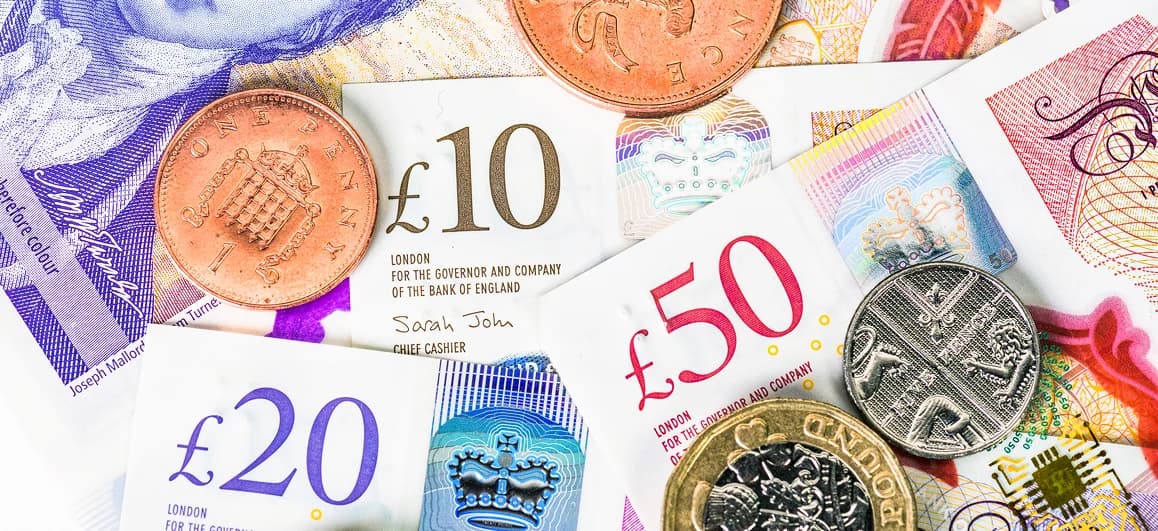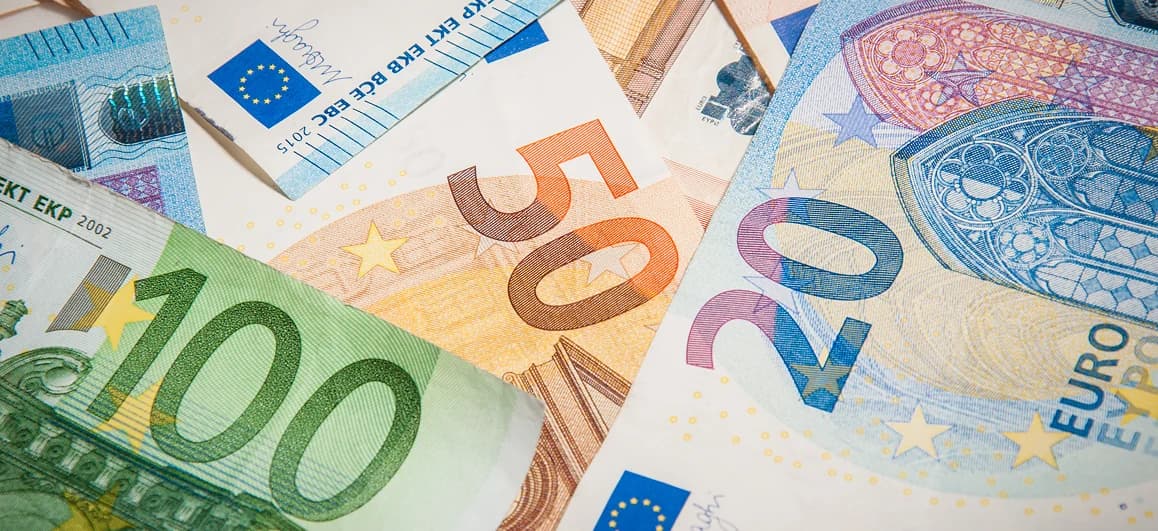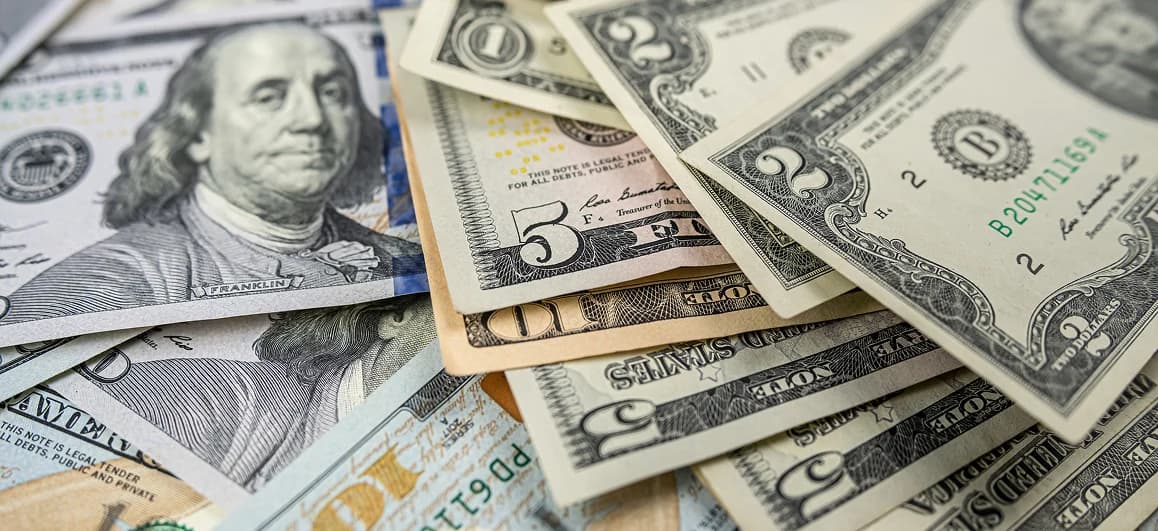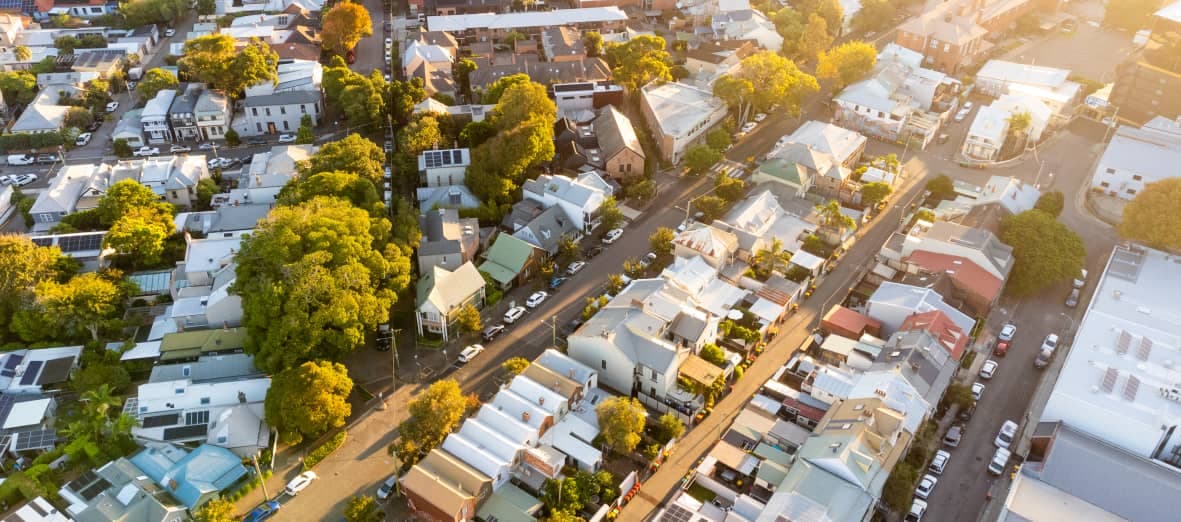- Home
- Blog
- Personal Finance
- How to open a bank account in New Zealand

How to open a bank account in New Zealand
You can open a bank account in New Zealand in person or online from overseas. Here’s how to go about it.
٦ نوفمبر ٢٠٢٠ — 9 min read
New Zealand is the ultimate destination for many people—thanks to its fairytale forests, gorgeous oceans, stunning glaciers, and breathtaking mountains. It welcomes thousands of expats every year who have decided to move there permanently or take advantage of the Working Holiday Visa program.
You may have decided to move to New Zealand for different reasons. Whatever the reason, you will need a bank account to more easily manage your finances. We’ve got good news for you: opening an account in the country is easy, whether you’re an expat or a student. You may even walk out of the bank with your ATM card. Here's how to open a bank account in New Zealand.
What are the requirements for opening a New Zealand bank account?
A valid passport.
A visa—if you are a citizen of another country besides Australia and the UK. You must have a Working Holiday Visa or a Visitor Visa.
Proof of residential address like a recent utility bill, employment agreement, bank statement, or a letter.
Opening balance, though this varies from bank to bank.
How to open a New Zealand bank account as a non-resident
If you’re a non-resident, these are the documents you need to have when opening a bank account in New Zealand.
An ID document: your passport or a New Zealand ID.
A New Zealand IRD number: this can be your tax number or tax declaration from your country.
Proof of address: your current address overseas. However, you’ll need to provide your permanent address in New Zealand after you move.
A visa: a residence, work, or student visa.
What do you need to open a New Zealand chequing account?
Don’t know where to start? A chequing (or checking) account is the most common type of bank account in New Zealand. It is also called a transaction account, an everyday account, and a current account. To open the account, you need all the identification documents we’ve listed above.
But while this account may be the best one to serve all of your basic money management needs, you might be looking for a bank account for a specific purpose. In that case, you might prefer a different type of bank account.
Types of New Zealand bank accounts
Transaction account
As we said above, this is the simplest, most common account type. You can use this account to manage your everyday finances, with functions such as:
Withdrawing money
Making payments
Depositing your income.
Transaction accounts are ideal for both individuals and businesses as they make money easily accessible.
In the near future, you may not even need a debit card to access the money in your transaction account because banking apps and digital wallets let you make contactless payments using your mobile phone. The apps available in New Zealand include:
Google Wallet
Samsung pay
Apple pay.
Savings account
A savings account allows you to set money aside for the future. The money earns interest because the bank uses it to lend out to others. Savings accounts are secure and your money is always available when you need it. As the amount in your account grows, so does the interest you earn.
Most savings accounts pay interest monthly, but this depends on the account type and the bank. The government deducts resident withholding tax (RWT) from the interest earned. If you want to see your money grow over time, open a savings account.
Term deposit
A term deposit account differs from a savings account in one way: the interest rate is fixed for the life of the investment. It may be 2.99% per annum (p.a.) for 3 years or 2.50% p.a. for 6 months. The longer the term, the higher the interest rate will be—because the bank is able to lend your money for longer.
Most banks in New Zealand offer a floating interest rate for savings accounts, so it can change at any time. And because you can access your money at any time, a savings account offers a lower interest rate than a term deposit account.
Foreign currency account
If you make or receive payments in a foreign currency, open a foreign currency account. It does away with unnecessary conversion costs and helps you to manage your foreign currency better. You can manage many major currencies and even minor ones on request.
Joint account
A joint account allows 2 or more people to access shared funds. In most cases, the funds in a joint account are owned by all the people linked to the account. Each person is also liable for the debt on the account. Business partners, couples, and close relatives typically use joint accounts.
What are the best New Zealand banks?
There are 5 major banks in New Zealand:
BNZ
ASB
ANZ
Westpac
Kiwibank.
All banks in the country are registered with the Reserve Bank of New Zealand. The Reserve Bank also supervises credit unions and building societies which offer similar services to banks.
The bank with the highest customer satisfaction rate is TSB Bank and is closely followed by Kiwibank. The two are way ahead of BNZ and The Co-Operative Bank which place third and fourth respectively.
The banks in New Zealand have plenty of experience in helping migrants. Many have multilingual migrant advisors. You can find out in advance if any of the advisors speaks your language.
Some banks have branches throughout the country, however, not all banks operate nationally. Visit the bank's website to see if it has a branch in your new hometown.
How long does it take to open a bank account?
If you decide to open a bank account before arriving in New Zealand, it will take around 10 days for the request to be processed. Once you arrive in New Zealand, you’ll have to visit a branch to activate the account by verifying your identity and permanent address. Some banks may require you to fill a migrant banking application form.
If you decide to open a bank account after you arrive in New Zealand, the process may take about 30 minutes. Be sure to carry your identification documents. You may get the EFTPOS card immediately, but your ATM or debit card may be mailed to you in 5 to 10 days.
What’s the difference between an EFTPOS card and a debit card?
When you open a bank account in New Zealand, you will get an EFTPOS (Electronic Funds Transfer at Point of Sale) card. This card is very similar to a debit card because it uses the funds in your bank account. It allows you to access the funds available in your transaction account to make payments using EFTPOS.
The card helps you to manage your spending because you must have money in your account to make payments. However, EFTPOS is only used in Australia and New Zealand and you may have difficulty using your card outside these two countries.
A debit card is supplied by providers like Visa and Mastercard and is connected to a current account. Unlike an EFTPOS card, a debit card allows you to make payments online. The biggest advantage of EFTPOS cards is they are given free of charge. Visa and Mastercard debit cards usually have a one-time cost—approximately $10 NZD.
7 important things you should know about banking in New Zealand
When you arrive in New Zealand from overseas, the first thing you will notice is the prevalence of electronic transactions. Kiwis are big fans of EFTPOS cards and debit cards. In fact, 75% of all transactions are paid for with these cards. Very few New Zealanders use cash for everything. To pay bills, many make direct transfers using internet banking. This has largely made checks obsolete.
If you'll be in New Zealand for a long period of time, it's important to know this information:
Most banks issue EFTPOS cards on the spot. You can start using your card right away, even though it may not have your name embossed on it.
If you want to get a credit card or borrow money in New Zealand, you need a good credit rating. You'll have to show evidence of your credit history. You can ask your New Zealand bank about the evidence needed to show your creditworthiness.
The New Zealand dollar fluctuates a lot since the government adopted free market principles in the 1980s.
Most bank accounts in New Zealand earn interest on credit balances. Term deposits and savings accounts earn interest at a higher rate.
You’re required to give your bank your tax number. That way, any interest paid will be taxed at the correct rate. If you don't give your tax number, tax will be deducted at the highest rate (33%).
Only get financial advice from a licensed financial advisor. Financial advisers hold different licenses and give different types of advice.
When borrowing money, choose the lender carefully. Some organizations that give loans are not banks and charge very high interest rates. On the other hand, some have low interest schemes and charge zero interest, especially if you meet certain eligibility criteria.
Need to transfer money from your New Zealand bank account? Try Xe
Your New Zealand bank account will definitely help you to store and manage your money. Your bank may also promote its own money transfer services. But we feel we should warn you: if you use a bank to transfer money abroad from New Zealand, it might be more expensive than you’d like. Between bank fees and unfavorable exchange rates, the costs will quickly add up, leaving you frustrated. Check out our recent comparison between Xe and Westpac’s money transfers and see for yourself.
The good news is there's a much more affordable alternative. If you use Xe to send and receive money, you'll keep more of your money and enjoy great service from the world’s trusted currency authority. You’ll get a competitive exchange rate, ensuring that more of your money makes it to its destination.
We hope we’ve been able to help you with the process of setting up your New Zealand bank account. If you ever need to make a money transfer, we’d be happy to help you with that as well. Sign in or sign up for an account to get started today!
Related Posts

٢٤ أبريل ٢٠٢٥ — 6 min read

٢٤ أبريل ٢٠٢٥ — 5 min read

٢٢ أبريل ٢٠٢٥ — 3 min read

٢٢ أبريل ٢٠٢٥ — 5 min read

٢٣ ديسمبر ٢٠٢٤ — 11 min read

١٣ نوفمبر ٢٠٢٤ — 3 min read